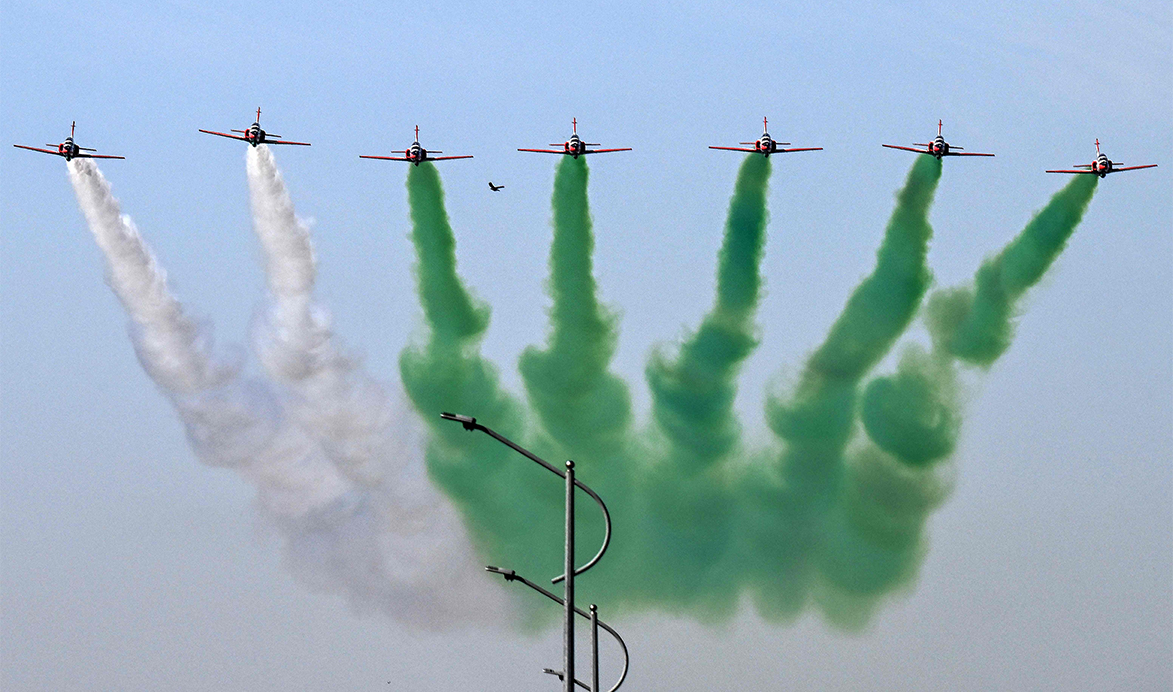PESHAWAR: Militants stormed natural gas and oil production facilities in northwest Pakistan on Tuesday, killing four police and two private guards, police and the operator said.
The attack by up to 50 militants took place at facilities run by MOL Pakistan Oil and Gas Company, a unit of Hungary’s MOL, in Hangu district near the Afghan border, police official Irfan Khan said.
Police said the militants targeted two wells, known as M-8 and M-10, with heavy weapons, including rocket-propelled grenades.
The Tehreek-e-Taliban Pakistan (TTP) — also known as the Pakistani Taliban — claimed responsibility for the attack.
The TTP have operated for years from remote mountains in the northwest, launching attacks on security forces and infrastructure in their campaign against the state.
“No MOL employee was present at the scene of the attack, six members of the security forces guarding the area were killed,” MOL said, saying the members of the security forces included Pakistani soldiers and third party contractors.
The company also said in its statement to Reuters that production from the wells had been temporarily shut down by remote access and they were now secured, pending completion of an on-site regulatory investigation.
It said production from other wells continued and the incident had not affected MOL’s production in Pakistan.
“The security guards at M-8 repulsed the terrorists’ attack but the casualties took place at M-10,” police official Khan said, adding that they also damaged a solar power plant at the gas power plant.
He said the militants then fled to adjoining North Waziristan, from they had originally come.
Fahad Rauf, head of research at Ismail Iqbal Securities, said oil and gas output in Pakistan had been falling in part because there had been no major discoveries, amid poor security, rising debt problems and a lack of local technical expertise.
He said oil output had dropped 18 percent in 2022 compared to 2019, while gas production was down 14 percent in the same period.
“The country has exploited much of the existing producing areas but is not able to explore belts near the Afghan border due to the security situation,” he said.
He said foreign investment and exploration activity had picked up in the Waziristan belt but the situation had worsened since the US withdrawal from Afghanistan.
With foreign firms exiting, he said that “Pakistan lacks the expertise and funds to tap unconventional reserves despite having one of the highest shale reserves in the world.”

















